The mere mention of foie gras—France's controversial but celebrated fatty liver pâté—evokes visions of Burgundy vineyards, Michelin-starred kitchens, and heated ethical debates. Traditionally produced through force-feeding ducks or geese (a process called gavage), this velvety delicacy presents a moral quandary for gourmands.
Yet as plant-based cuisine reaches new heights of sophistication, innovative chefs and food scientists are crafting uncanny vegan replicas that capture foie gras' unctuous texture and umami depth without a single animal product. This exploration delves into the culinary alchemy transforming humble mushrooms, nuts, and even algae into ethical indulgences that might make even French traditionalists pause.
Deconstructing Decadence: The Science Behind Foie's Magic
Authentic foie gras derives its luxurious mouthfeel from an exceptionally high fat content (60-70%) and unique protein structures that melt at body temperature. The flavor profile—a complex dance of iron-rich minerality, sweet creaminess, and savory depth—comes from glycogen stored in the enlarged liver. Replicating this symphony requires understanding its scientific components: the smooth spreadability provided by saturated fats, the umami from amino acids like glutamate, and that distinctive je ne sais quoi from Maillard reaction compounds developed during searing.
Modern vegan versions approach this through ingenious combinations. Cashews and coconut oil recreate the fatty base, while fermented ingredients like miso or nutritional yeast provide depth. The real breakthrough came when chefs discovered that certain mushrooms—particularly king oyster varieties—when slow-cooked with lipids, develop eerily similar textural properties to animal liver. Molecular gastronomy techniques like spherification allow plant-based fats to mimic foie gras' temperature-sensitive melt, while activated charcoal can replicate the original's grayish-pink hue. The result? Ethical alternatives that satisfy both conscience and palate.
Mushroom Metamorphosis: The Fungi That Thinks It's Liver
Among nature's gifts to vegan gastronomy, the humble mushroom proves most miraculous in foie gras replication. King oyster mushrooms, with their dense, meaty stems, undergo a startling transformation when subjected to classic French techniques. Sliced vertically to resemble torchon preparations, the stems develop a silky texture when poached in aromatics-infused coconut oil or vegan butter. Their natural glutamate content—higher than any other vegetable source—provides the essential umami foundation.
Innovative chefs have developed proprietary processes: curing mushroom "livers" with smoked salt to enhance minerality, using agar-agar to achieve the perfect quenelle-able consistency, or even applying sous-vide cooking to replicate the slow fat-rendering of traditional preparation. Some avant-garde versions incorporate truffle oil or cognac reductions, staying true to classic French flavor pairings while maintaining plant-based integrity. The most convincing iterations come from Parisian restaurants like 100% vegan Jan, where chef Thierry Schweitzer's mushroom foie gras has reportedly fooled even Burgundy winemakers in blind tastings.
The Nut Butter Breakthrough: From Cashews to Culinary Gold
Before mushrooms stole the spotlight, nuts—particularly cashews—pioneered the vegan foie movement. When soaked and blended, cashews develop a remarkably liver-like consistency, while their neutral flavor acts as the perfect canvas for umami enhancement. The key lies in fat selection: coconut oil provides the necessary saturated fat structure, while walnut or hazelnut oils contribute complexity. Some recipes incorporate aquafaba (chickpea brine) for added emulsification power, creating airy mousses that mirror classic foie gras torchon.
French culinary schools now teach vegan versions alongside traditional preparations. At Le Cordon Vert in Paris, students learn to layer flavors through techniques like: caramelizing shallots in maple syrup for sweetness, using lapsang souchong tea for smokiness, or adding a pinch of iron-rich spirulina for that distinctive mineral finish. The most sophisticated versions age their nut-based foie in cheesecloth, allowing flavors to deepen and textures to firm—a nod to the traditional aging process of authentic foie gras en terrine.
Ethical Epicureanism: Foie Gras Without the Moral Weight
The rise of vegan foie gras represents more than culinary innovation—it's a cultural shift in how we define luxury. Traditional foie production, banned in several countries and California, faces increasing scrutiny from ethically-conscious diners. Plant-based versions offer guilt-free indulgence while preserving the ritual and romance of French gastronomy. At New York's three-Michelin-starred Eleven Madison Park, chef Daniel Humm's sunflower-based foie gras replacement has become a signature, served with all the ceremony of its animal-derived ancestor.
Food historians note an irony: medieval French peasants once made primitive pâtés from nuts and mushrooms when meat was scarce. In creating modern vegan foie, chefs have unconsciously revived these ancestral techniques while applying cutting-edge science. The movement has gained such traction that some French producers now offer hybrid products—blends of 50% traditional foie with 50% plant-based alternatives—as a transitional option for traditionalists.
The Future of Faux Gras: Lab-Grown and High-Tech Horizons
As cellular agriculture advances, the next frontier may be cruelty-free foie gras grown from animal cells without the gavage process. French startup Gourmey has already developed duck foie gras from cultivated cells, aiming to please purists while eliminating ethical concerns. Meanwhile, mycoprotein innovators are experimenting with koji and other edible fungi that naturally produce fats resembling avian liver textures.
Perhaps the most surprising development comes from traditional foie gras producers themselves. Facing potential EU bans, some farms in southwestern France have begun experimenting with ethical alternatives—feeding ducks naturally with figs and nuts to fatten livers without force. While not vegan, these efforts indicate how plant-based innovations are reshaping even the most entrenched culinary traditions.
Standing at a Parisian marché sampling both traditional and vegan foie gras, one realizes this isn't about replacement—it's about expansion. The plant-based versions don't erase centuries of French culinary heritage; they add new dimensions to it. Like a great wine that evolves with time, the concept of foie gras is maturing beyond its animal origins into something more inclusive and sustainable.
For today's conscientious gourmets, the perfect bite of vegan foie—spread on toasted brioche with a glass of Sauternes—offers more than sensory pleasure. It represents a harmonious future where ethical choices needn't mean culinary compromise, where tradition and innovation can coexist on the same silver spoon. As the French might say, "C'est magnifique"—and perhaps, one day soon, "C'est parfait."
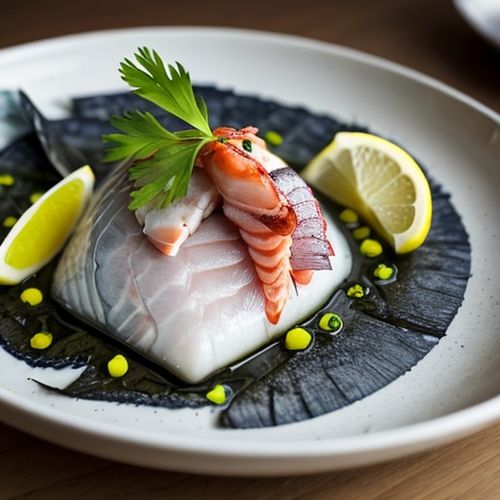
By James Moore/Mar 29, 2025

By Noah Bell/Mar 29, 2025
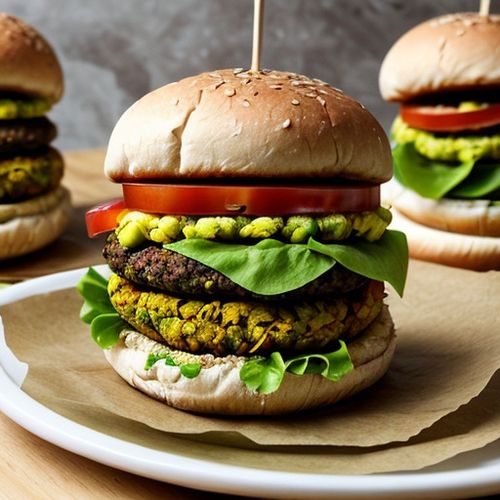
By Ryan Martin/Mar 29, 2025
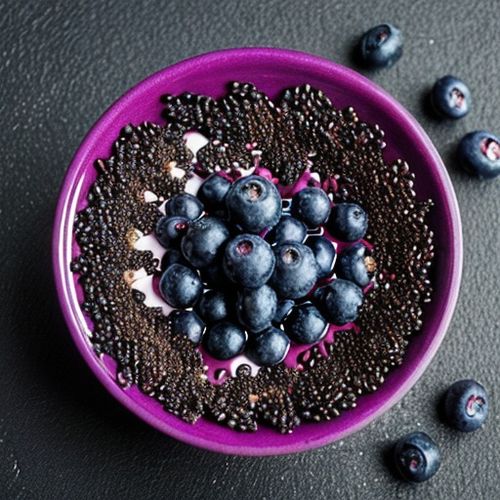
By Sarah Davis/Mar 29, 2025
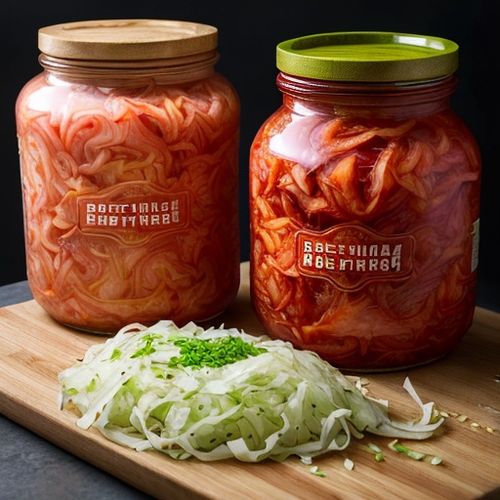
By William Miller/Mar 29, 2025
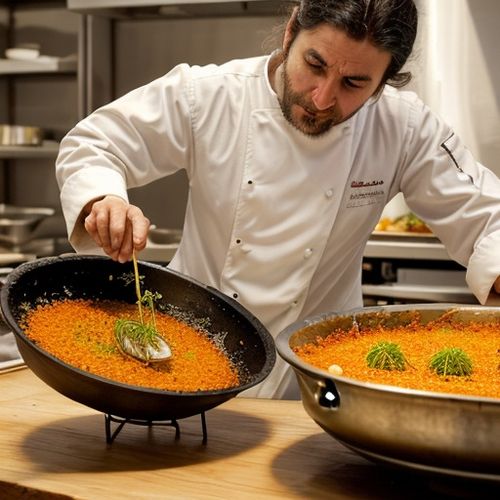
By Lily Simpson/Mar 29, 2025
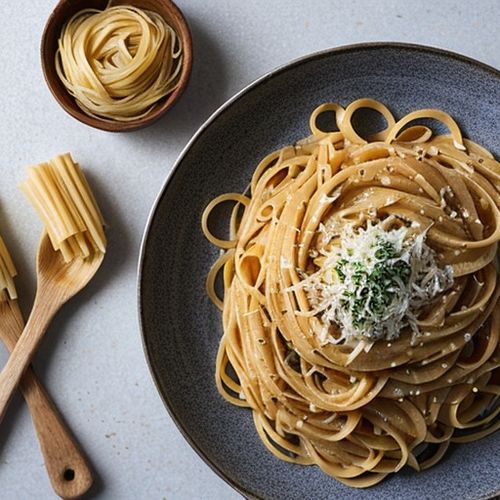
By William Miller/Mar 29, 2025
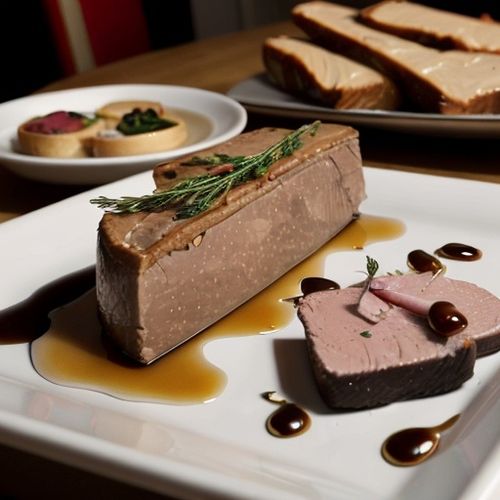
By Rebecca Stewart/Mar 29, 2025
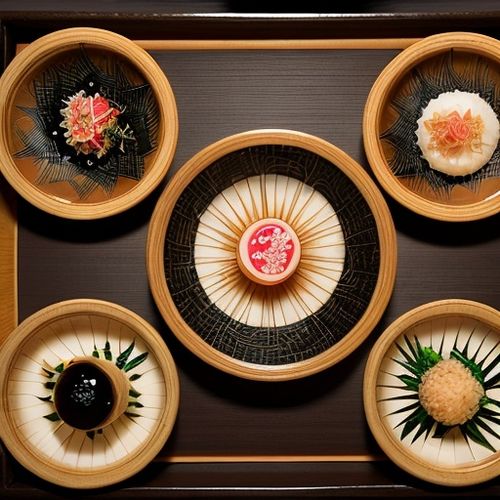
By Joshua Howard/Mar 29, 2025
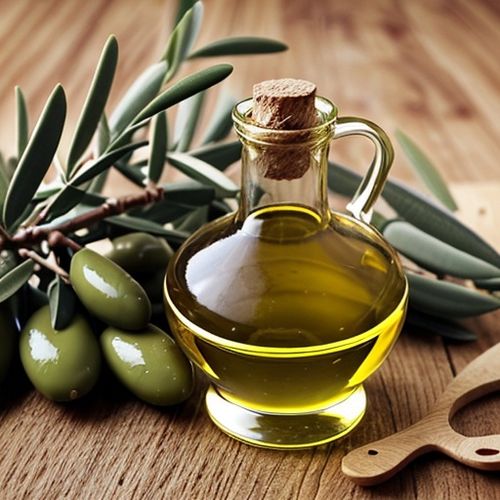
By Emily Johnson/Mar 29, 2025

By David Anderson/Mar 29, 2025
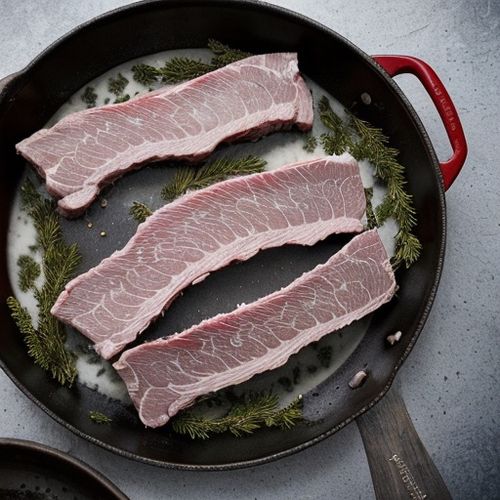
By Thomas Roberts/Mar 29, 2025

By Jessica Lee/Mar 29, 2025

By Amanda Phillips/Mar 29, 2025
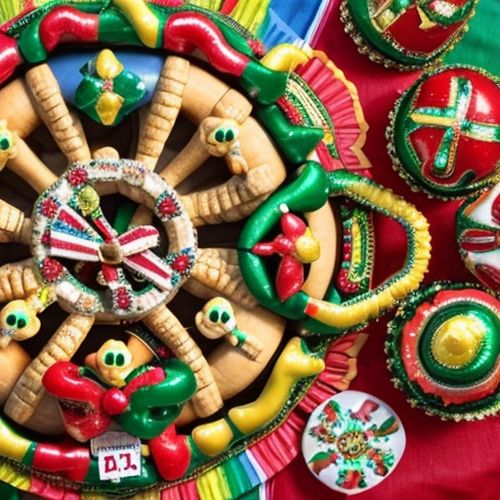
By Sophia Lewis/Mar 29, 2025

By Laura Wilson/Mar 29, 2025

By Emma Thompson/Mar 29, 2025
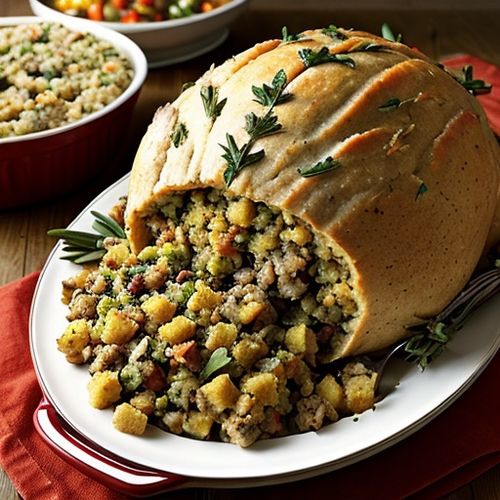
By Samuel Cooper/Mar 29, 2025
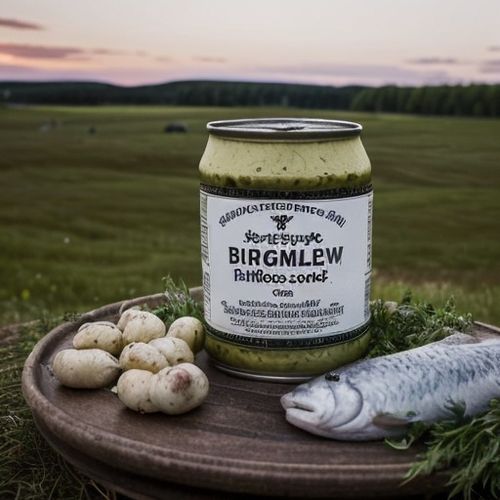
By Olivia Reed/Mar 29, 2025
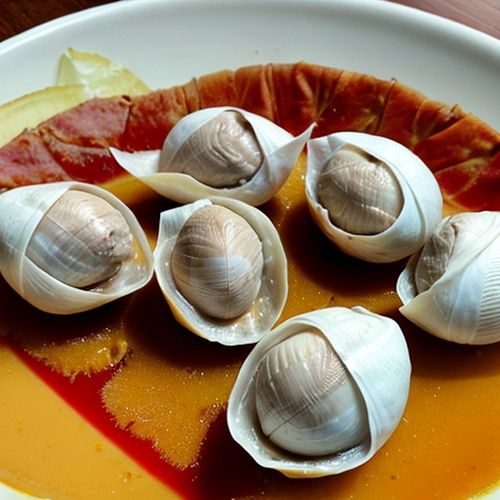
By Noah Bell/Mar 29, 2025